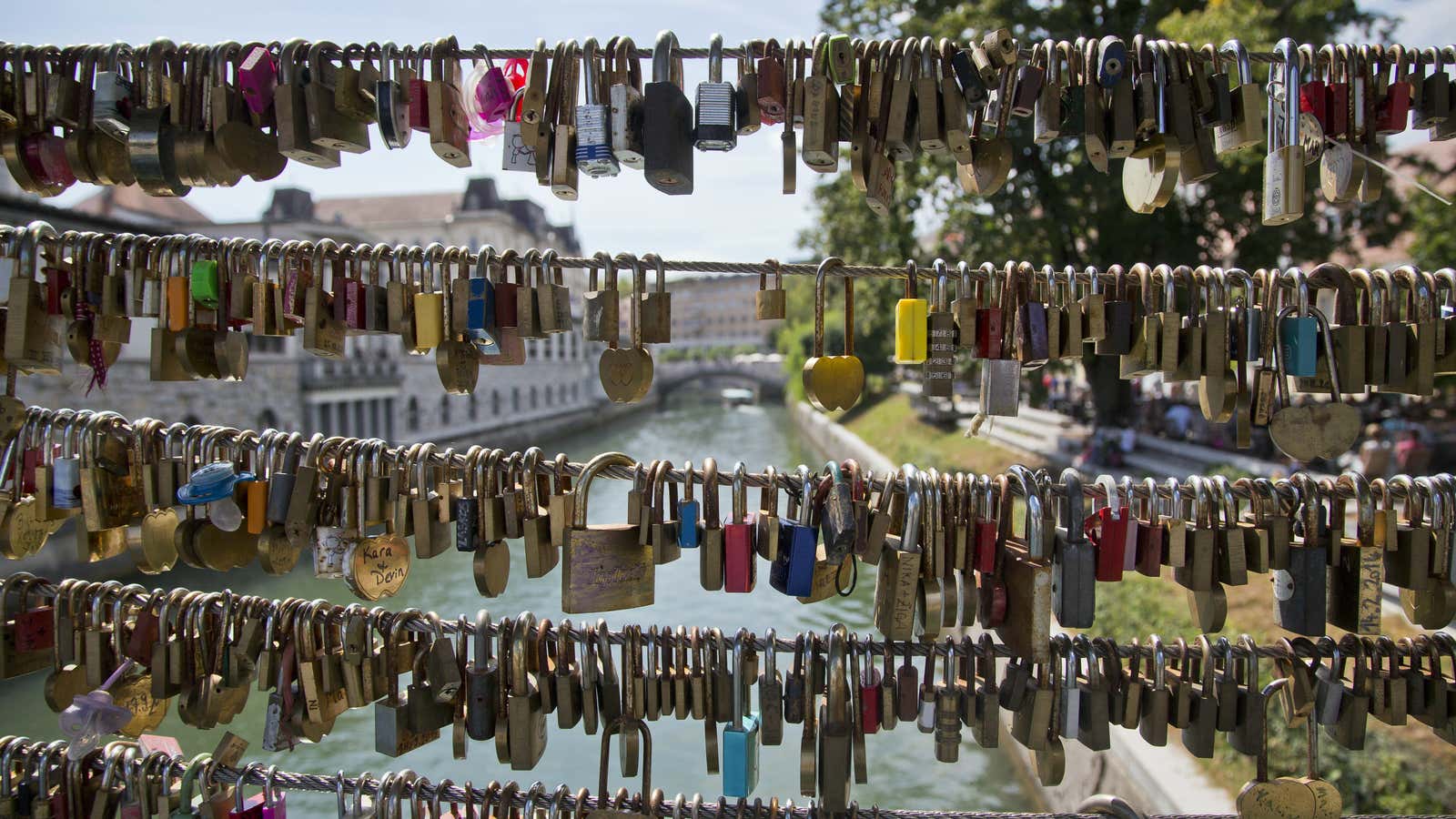QZ.com is now delivered over HTTPS to all users. Call it a new year’s resolution to make your reading more secure in 2017.
HTTPS is a safer way to serve data over the internet. It means you can trust that this website was actually written by us at Quartz, not altered by anyone else on its way to your browser. And it makes spying on your activity here a lot more difficult for anyone who might be interested to see what you’re reading. In essence, HTTPS ensures that no one can stand between us and our readers, which is an essential compact of trust for digital journalism in this era.
Making the switch also allows us to improve the experience of reading Quartz on the web. For instance, we can now adopt HTTP/2 to help load QZ.com even faster.
Newer web technologies tend to require the use of secure protocols, and the major web browsers are pushing strongly for everyone to make the switch. By one measure, 36% of the web requests are now served over HTTPS. At some point soon, you won’t want to use a website at all if it’s not communicating securely with you.
We’re big believers in the open web and hope the shift to HTTPS will help ensure its vibrant future. Our move follows other news organizations, including our sister publications at Atlantic Media, that have led the way and already gone secure. (Atlas, our charting platform, has used HTTPS for more than a year, and logging into QZ.com has always been secure.)
Thanks to Chris Zarate and Dave Mouyal for much of the work on this. Thanks, as well, to our teams that handle advertising and editorial interactives (Things), which posed the greatest challenges in making the switch from HTTP to HTTPS. If you run into any problems using the site securely, please let us know at support@qz.com.
For more information about HTTPS and why it’s particularly important for news websites to adopt, check out this project recently launched by the Freedom of the Press Foundation. We’re looking forward to seeing our grade there improve and for more news organizations to go secure in 2017.
